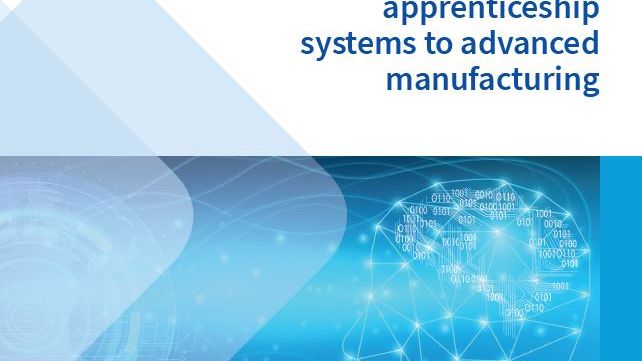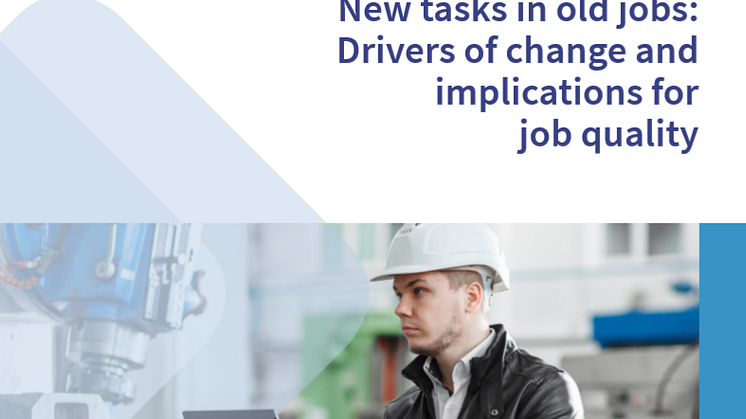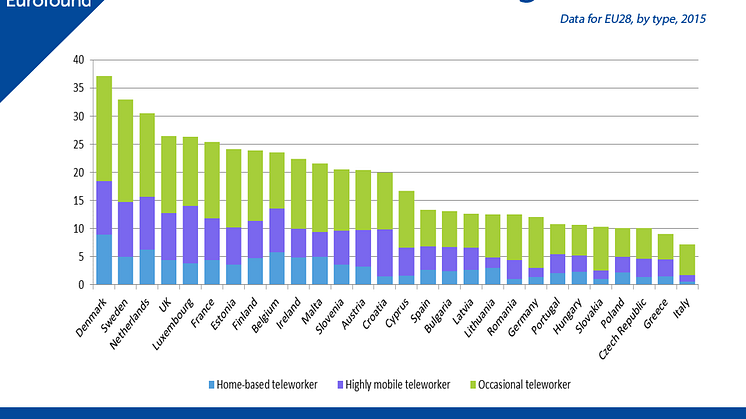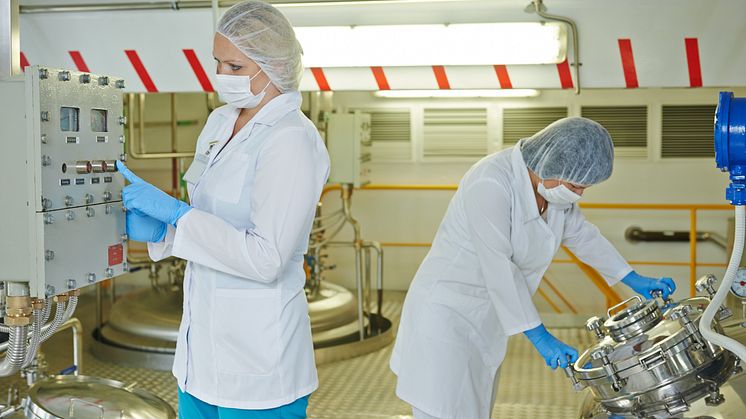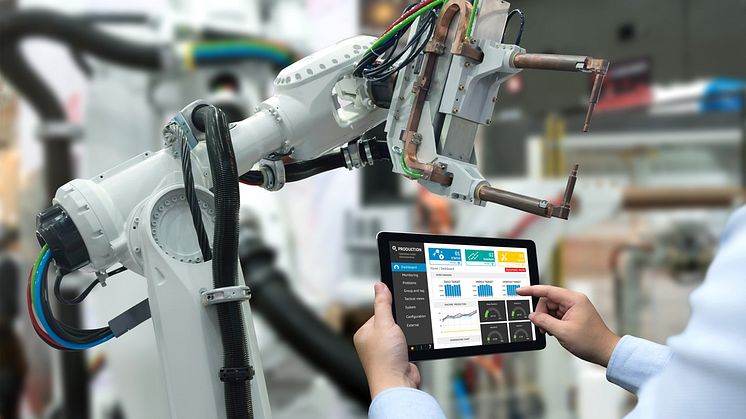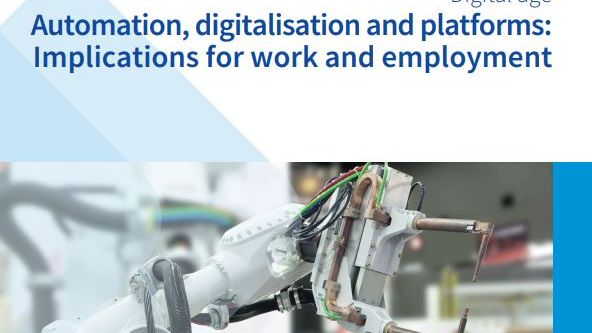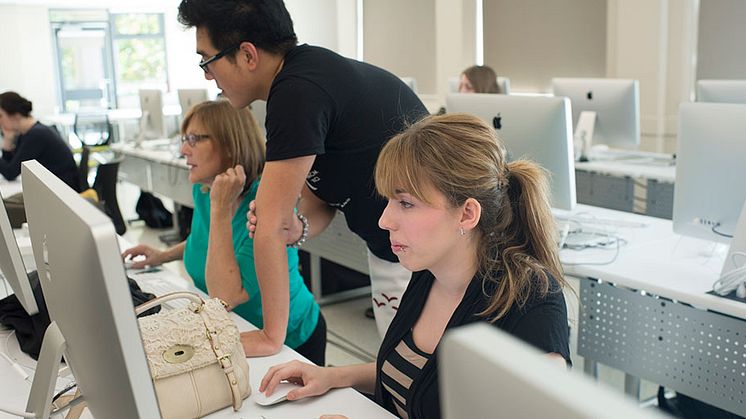Europe’s workers value safety, trust, and well-being but diverging attitudes evident on technological change
Europe’s workers value safety, trust, and well-being above pay, according to the first findings of the flagship 2024 pan-European Working Conditions Survey. New findings reveal an overall upward trend in job quality but also expose a workforce grappling with new and persistent health challenges and divergent attitudes to the technological change.





